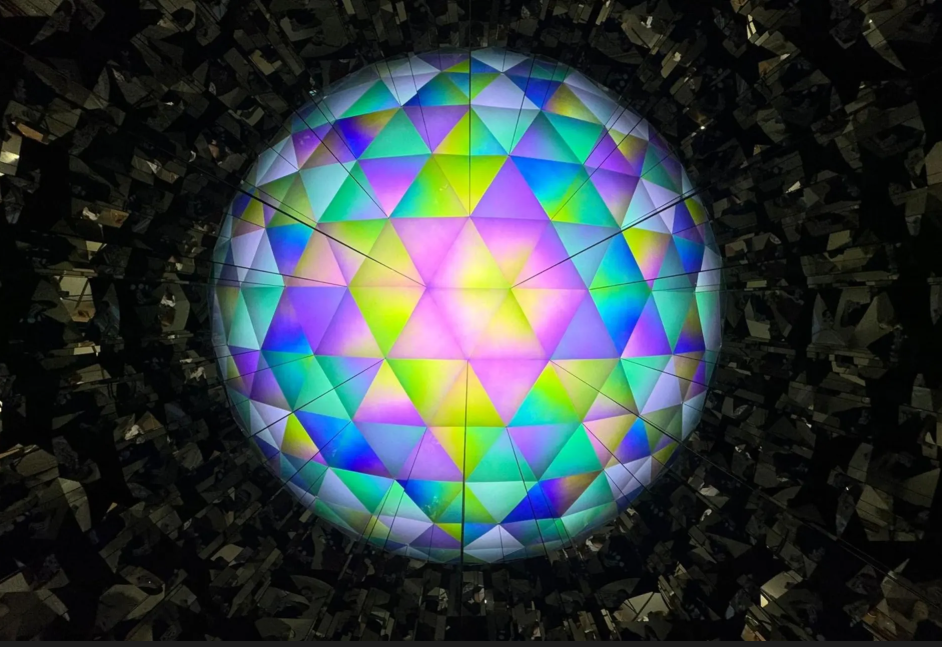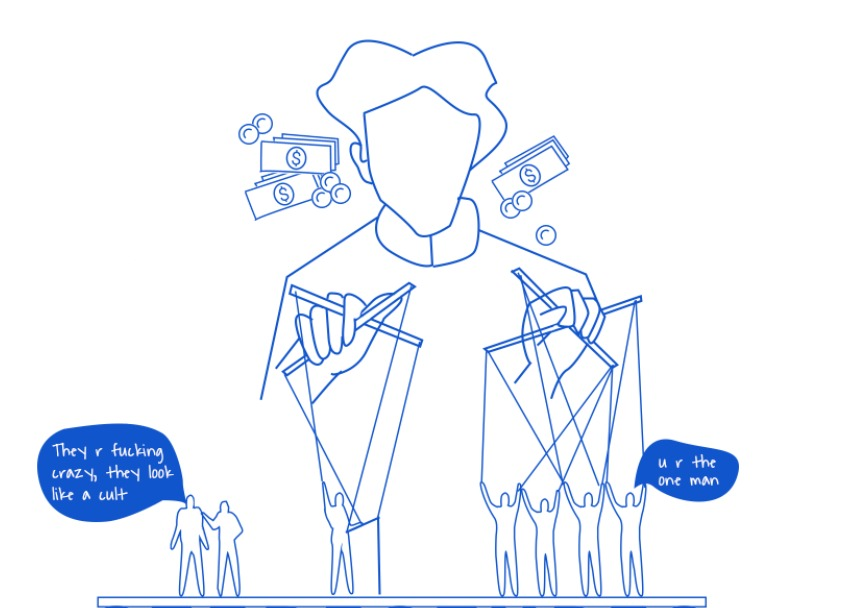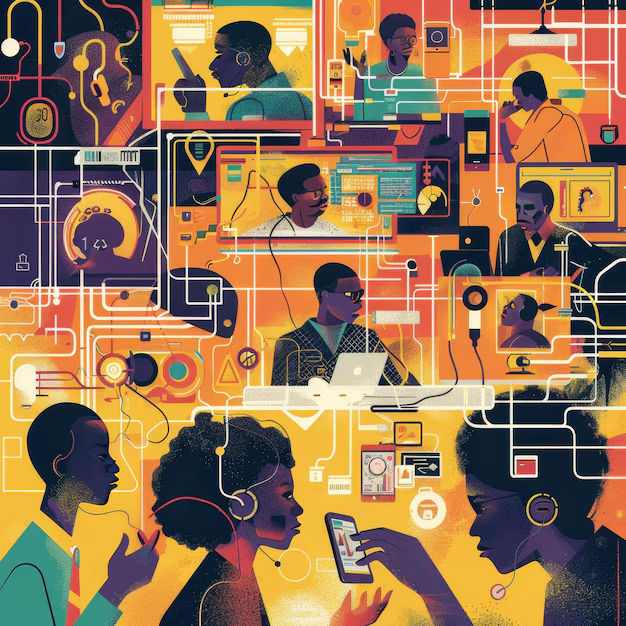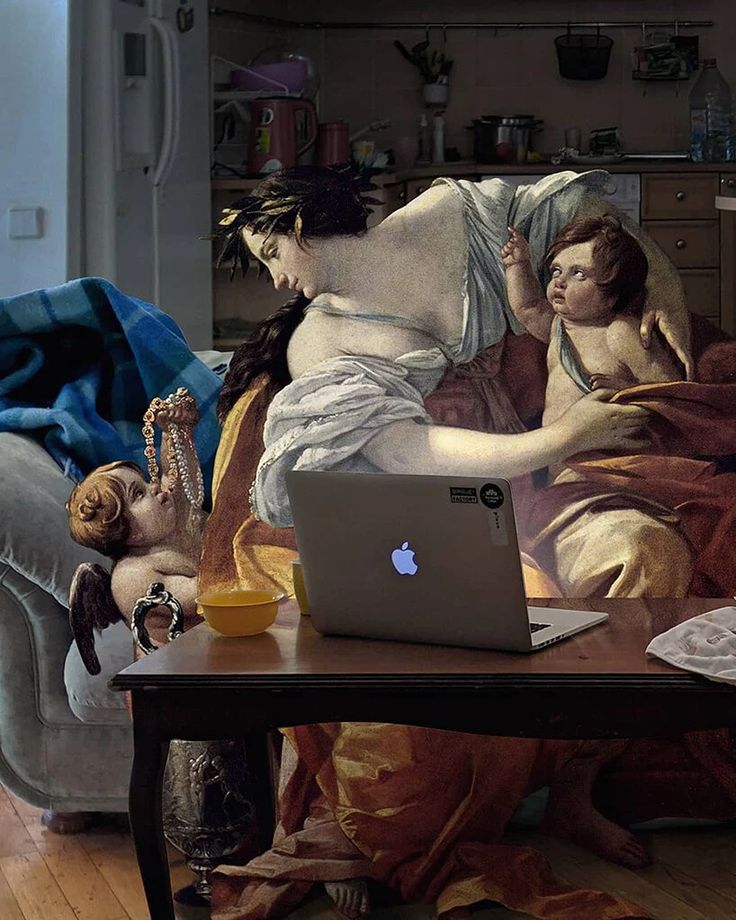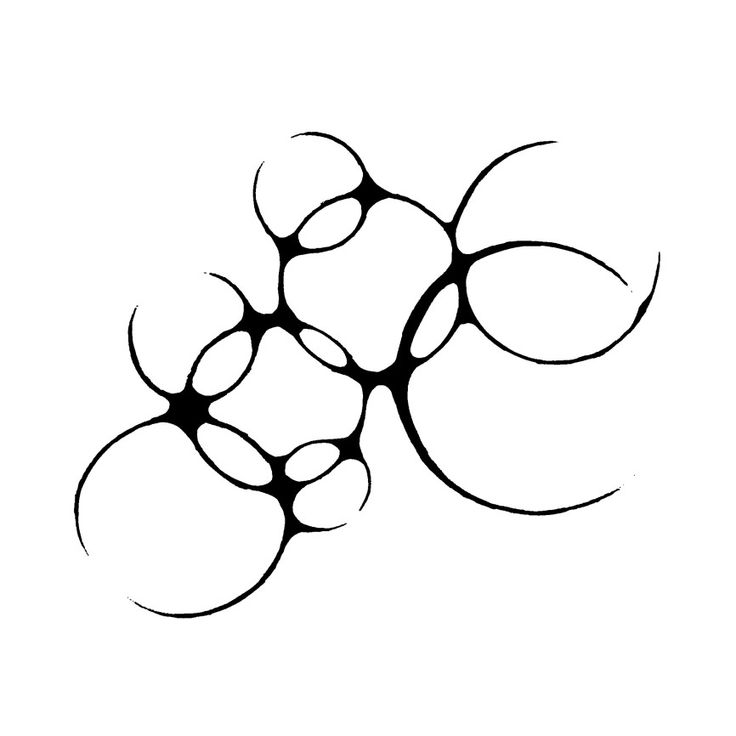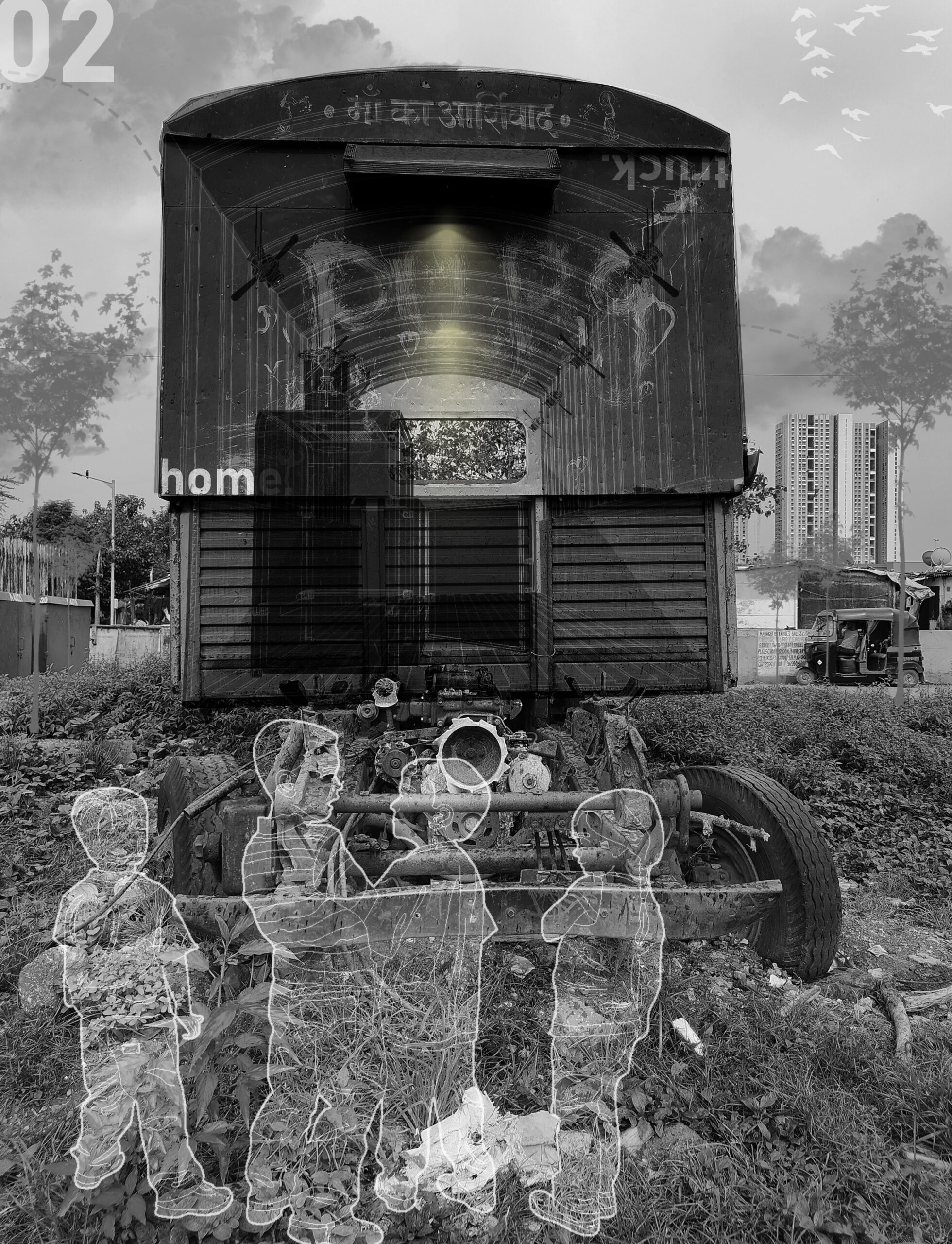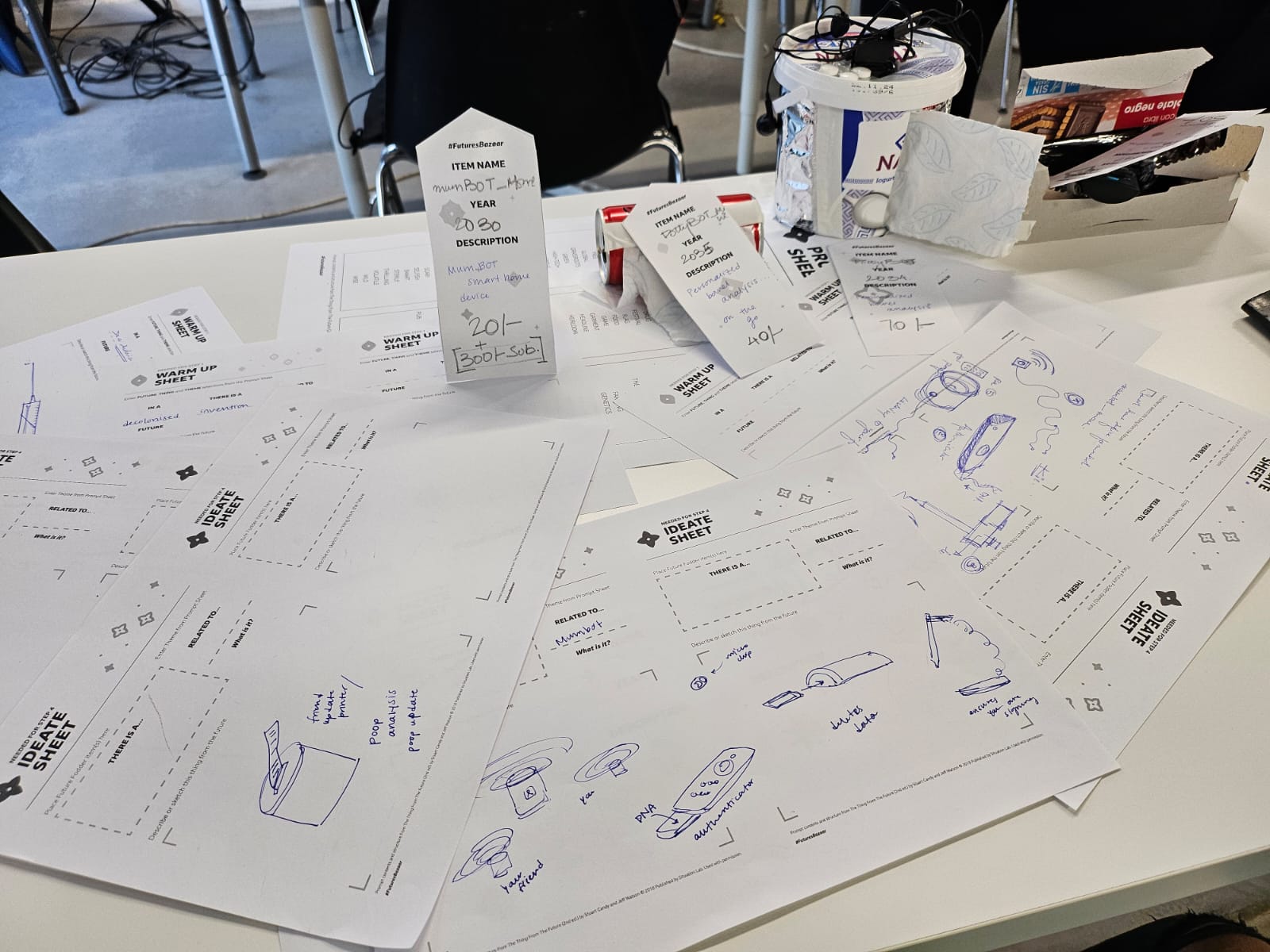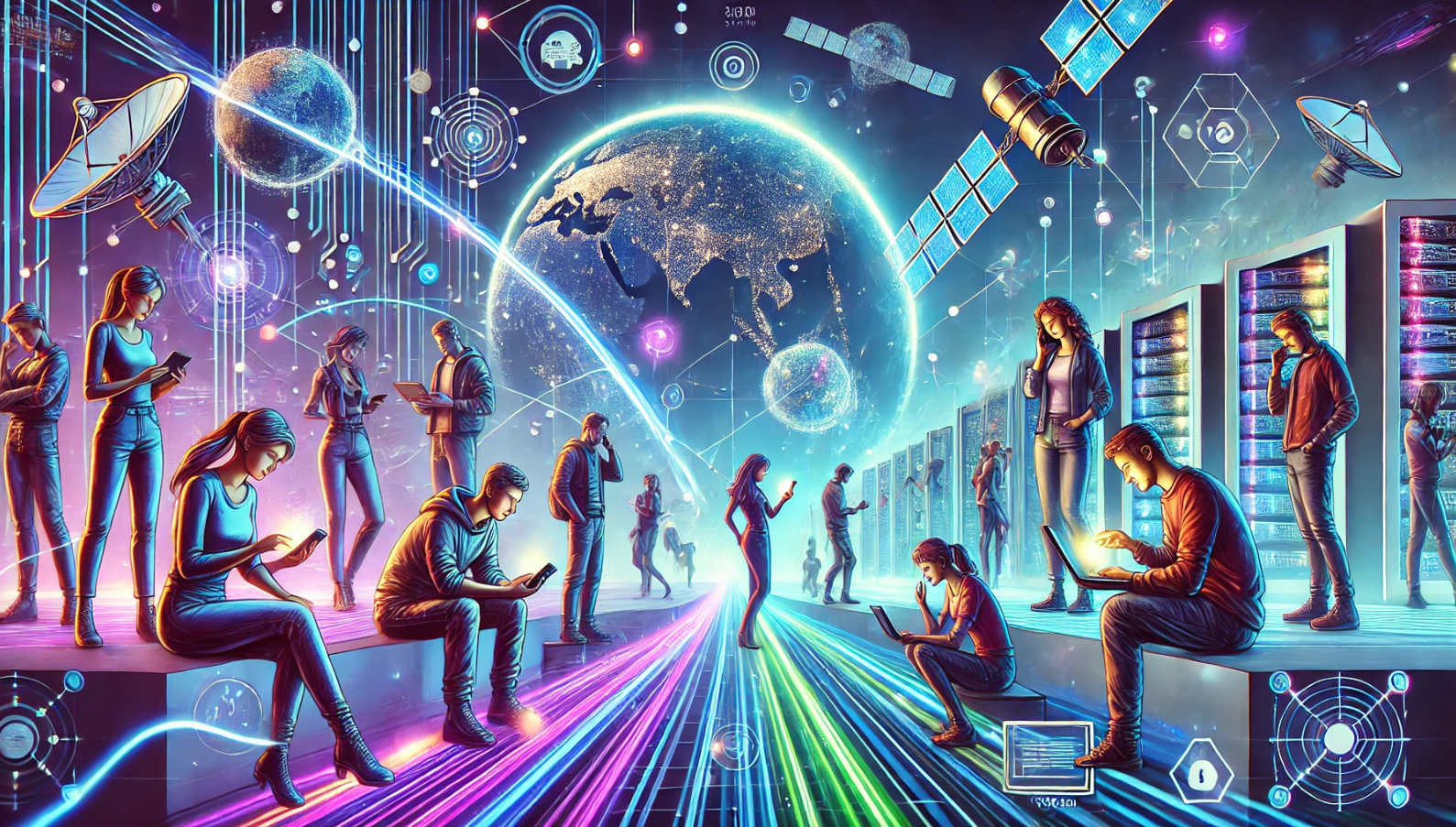
photo credits: ‘Imagining Intercitizenships’ 3D artwork by Lorna Pittaway for IAM
Description
The ‘Digital Culture(s)’ course is a collaborative learning experience designed to engage participants in a critical exploration, analysis and storytelling of the interrelationships between society (identities and interactions), culture (beliefs and behaviors) and digital technologies (tools and systems) contextualized in the current state of climate emergency.
Given the complexity of the subject, this course follows a non-linear narrative approach introducing a broad range of transdisciplinary perspectives coming from fields as arts, science, design, philosophy and journalism on the interrelationships between concepts with different levels of abstraction (i.e. time, plurality and AI systems or energy, materiality and data) rooted in the importance of plurality and relationality, which refer to “connectedness, a view of the world that underlines how no person or thing exists in isolation”[1].
The course approach combines a curated set of inputs through lectures, in-class screenings, debates and group readings, distributed six sessions, alongside a critical design lab track that enables participants to work collaboratively in small groups in a creative research experiment to digest, process and share their learnings through an archaeology of the now.
Learning Objectives
– Develop skills to work effectively as a member of groups and networks of people with different levels of expertise, cultural and professional backgrounds.
– Empower students to align their individual and collective learning experience with the cultural, ecological and societal transformations shaping this decade.
– Develop a critical understanding of the socio-economic, socio-technical, and eco-sociological aspects of digital technologies, alongside the ethical, social, environmental and cultural implications emerging from their use at scale.
[1] Source: Relationality, Dr. Vanessa Wijngaarden




